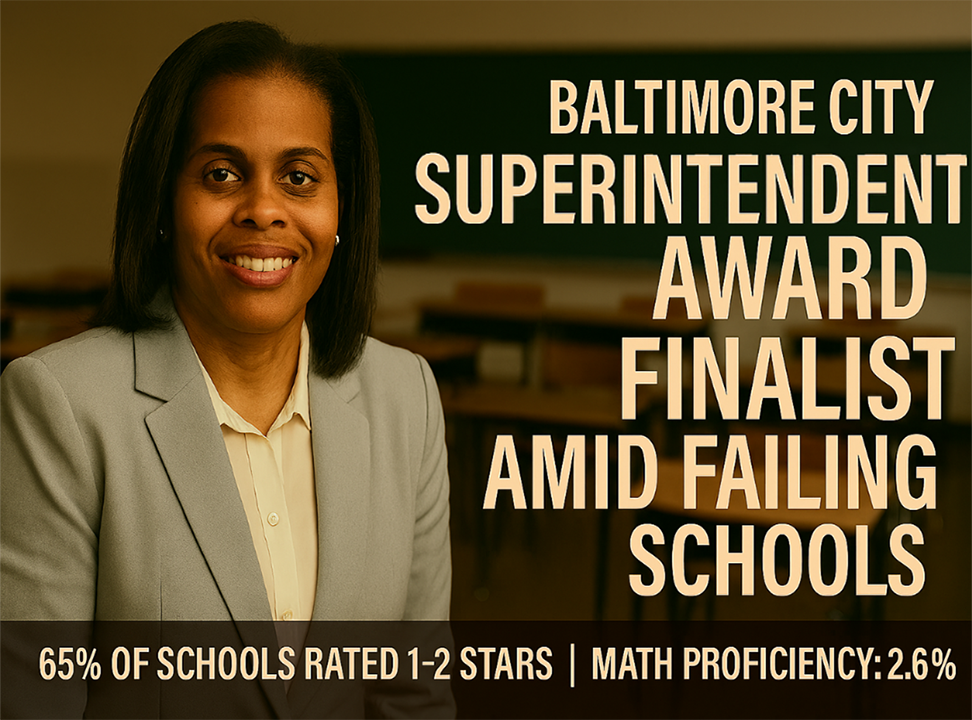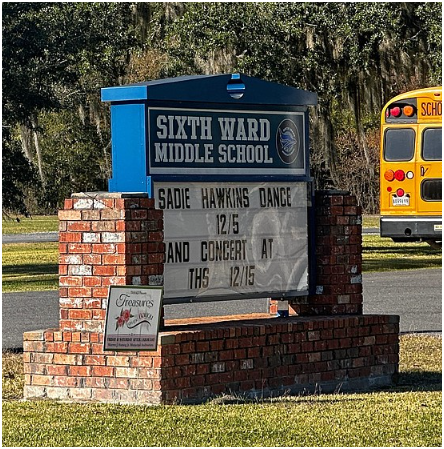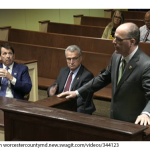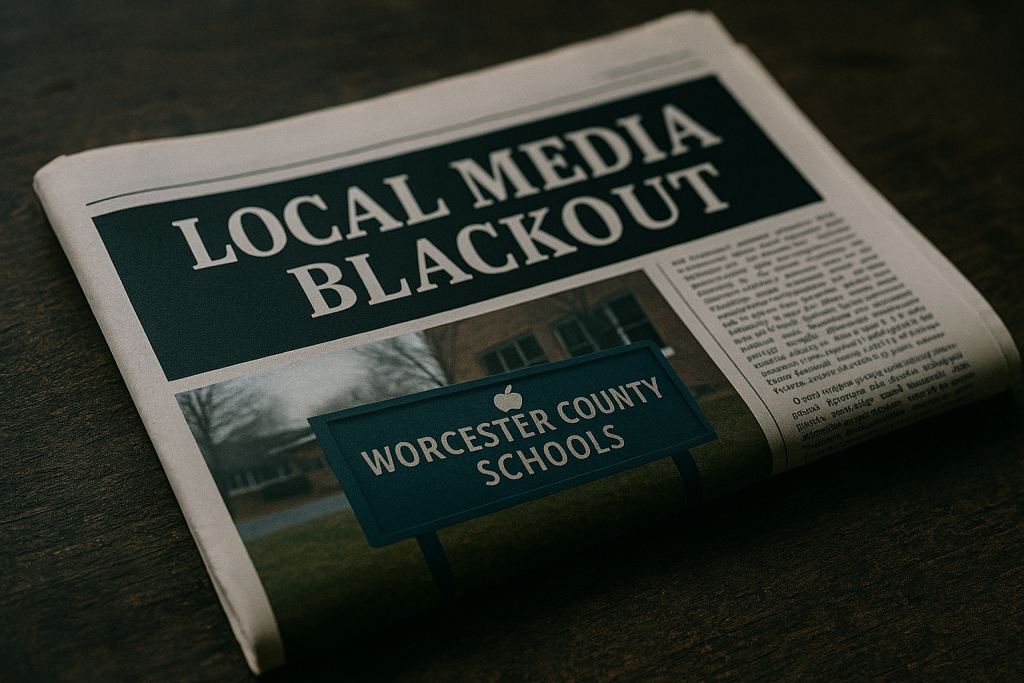
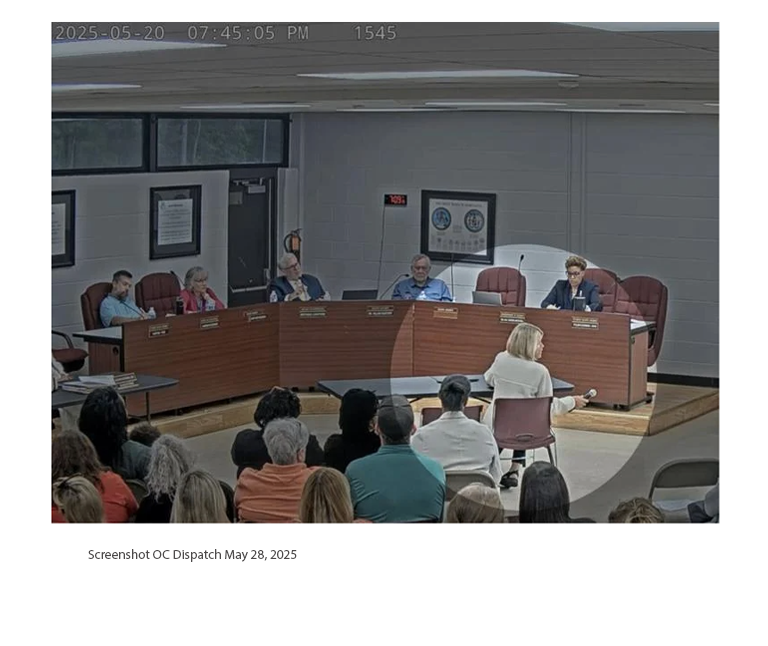
Crossing County Lines: Worcester Commissioner Praises Somerset While Misrepresenting Her Own
At a recent Worcester County Public Schools (WCPS) budget hearing, a familiar theme was in full effect. County Commissioners questioned school leaders over budgetary priorities. Unfortunately, it wasn’t just about numbers.
Commissioner Abbott questioned student achievement data, particularly that of Hispanic students. She cited what she claimed was a dismal 19.4% proficiency rate in math. She tried to corner Superintendent Lou Taylor by questioning the effectiveness of the district’s use of resources, including Title I funds. However, her comments and MCAP data do not align.
According to the Maryland State Department of Education, Hispanic students in WCPS had a 51% proficiency rate in 8th-grade math in 2024—a significant increase from prior years and well above the state average of just 4%. This upward trend isn’t isolated. Worcester County has consistently outperformed Somerset County, which Commissioner Abbott recently praised during a public appearance at their board meeting—outside her own district.
Somerset’s performance, for context, pales in comparison to Worcester’s. Despite receiving public kudos from Abbott for their “work,” Somerset’s 8th-grade math proficiency dropped to less than 5%, while their English Language Arts (ELA) proficiency hovered around 31%—over 30 percentage points below Worcester’s.
Abbott’s decision to compliment Somerset’s Board, especially for its rollback of diversity, equity, and inclusion (DEI) programs, while criticizing her own district’s performance (despite clear data indicating academic growth), creates obvious questions about the motivations behind her comments. It also questions her knowledge of the facts around the performance of the students in here own county.
The tension between political posturing and factual accuracy is nothing new in education politics, but its presence here feels especially potent. Abbott should at least know what she’s talking about before waving her finger at her own county’s board.
This annual tug-of-war over the WCPS budget reflects a larger issue. On one side is a Republican-majority County leadership that appears suspicious of state mandates and public education bureaucracies. On the other, a school board legally obligated to meet state performance and funding standards—like the Blueprint for Maryland’s Future, which mandates a $60,000 starting salary for teachers, among other reforms.
Commissioner Abbott did raise a valid queston about the need for greater transparency in textbook funding and utilization. WCPS leaders say they do not use textbooks, but there is still a line item with funds allocated for them. It’s a legitimate concern—but one that was drowned out by the noise of misrepresented statistics and political signaling.
Meanwhile, Superintendent Lou Taylor and the school board continue juggling state mandates, community expectations, and budget constraints. Their proposal to incrementally raise salaries through a flat $4,000 increase—rather than percentage-based raises—was a strategic, legally sound approach to meet the Blueprint’s requirements.
These public debates are exhausting for educators and demoralizing for school communities. There is no reason not to support this budget. The money is there, they just don’t want to be seen as overly supportive of what many consider a left-leaning system.
Whether the impasse stems from ideological opposition to public education or from a flawed reading of performance data, the outcome remains the same: political theater at the expense of school progress.
If Worcester County wants to maintain its academic edge, its leaders must move beyond misdirection and toward meaningful dialogue grounded in fact. That starts with getting the data right—and keeping the focus where it belongs: on the students.
Dig Deeper With Our Longreads
Newsletter Sign up to get our best longform features, investigations, and thought-provoking essays, in your inbox every Sunday.
The MEN was founded by John Huber in the fall of 2020. It was founded to provide a platform for expert opinion and commentary on current issues that directly or indirectly affect education. All opinions are valued and accepted providing they are expressed in a professional manner. The Maryland Education Network consists of Blogs, Videos, and other interaction among the K-12 community.






